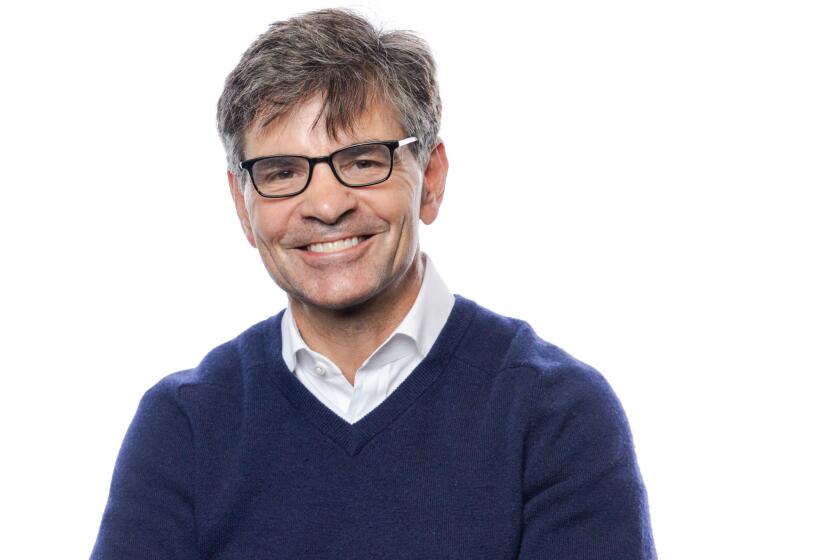Gutbucket throat singing -- that’s avant-garde
It was apparent from the title alone -- “Roswell Rudd With the Mongolian Buryat Band” -- that Thursday night’s concert at UCLA’s Royce Hall would be an unusual event. And the results were every bit as intriguing as anyone might have expected.
The visual aspect alone was impressive. There they were, spread across the broad Royce stage: trombonist Rudd, white-bearded, white-suited, equipped with a full array of mutes, and the exotic-looking Buryat Band, garbed in colorful traditional costumes -- lead singer Badma Khanda, with Batuvshin Baltanseren on khalkh (bass) and limbe (flute); Javkhlan Erdenebal on morin khur (horse head fiddle); Sayana Tabkharova on kalmik (dulcimer); and Jamiyan Urantugs on yatag (zither).
The music was even more compelling. In the ‘60s, Rudd transformed the Dixieland of his Yale undergraduate years into a stunningly contemporary style, fully embracing the avant-garde aspects of the decade while remaining firmly in touch with jazz tradition.
His expansion into world music began a few years ago with the album “MALIcool,” a musical partnership with the Malian kora player Toumani Diabate. But Rudd has formed an especially strong bond with the multiphonic throat singing and jaunty rhythms of Mongolian folk music. He came up with several sneakily fascinating ways to combine those elements with his own roots.
“American Round” somehow blended “Swing Low, Sweet Chariot” and “Amazing Grace” with the plangent textures of the Buryat ensemble. “Buryat Boogie” was a perky blues tune in which each player had a few improvisational opportunities, played over a chugging rhythm. “Honey on the Moon” showcased Rudd’s lyrical sound in a lovely, atmospheric setting.
But the most mesmerizing number in the set -- the appropriately titled “Whatever Happens” -- featured Rudd’s trombone playing, which moved freely from gutbucket, Kid Ory tailgate sounds to avant-garde bleeps and blats, juxtaposed against the astonishing, overtone-ranging throat singing of Baltanseren.
One couldn’t have asked for a more appropriate climax to an expansion of jazz thinking as entertaining as it was innovative.
Those adjectives apply to the other act on the bill, the Bad Plus.
Devoting most of the set to quirkily titled originals (“Do Your Sums -- Die Like a Dog -- Play for Home”), pushing aside territorial boundaries often separating jazz, rock, pop and classical music, pianist Ethan Iverson, bassist Reid Anderson and drummer Dave King powerfully affirmed the iconoclastic new vision of piano trio style they are bringing to 21st century jazz.
More to Read
The biggest entertainment stories
Get our big stories about Hollywood, film, television, music, arts, culture and more right in your inbox as soon as they publish.
You may occasionally receive promotional content from the Los Angeles Times.









